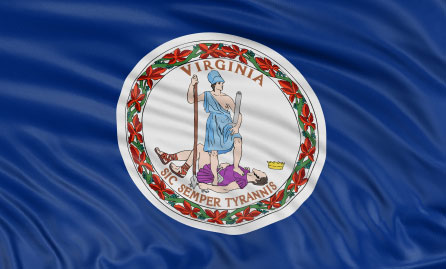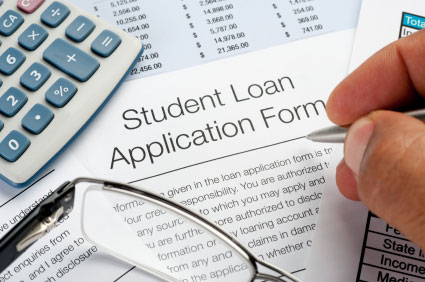Student Loans
Student Loans
College Loan Benefits
Applying for Loans
Choosing a Lender
Compare Loans
Borrowing Amount
Government Loans
Federal Loans
Government Loans
Stafford Loans
Perkins Loans
Federal Direct Loans
Low Interest Loans
Fed Loan Distribution
State Student Loans
Alternative
Alternative
Parent PLUS Loans
Graduate PLUS Loans
Home Equity
Major Lenders
Loan Organizations
Private Student Loans
ACS Student Loans
NelNet
Sallie Mae
Signature Loans
Loan Consolidation
Loan Consolidation
Consolidation Benefits
Consolidation for Graduate Students
Loan Repayment
Repayment Options
Loan Grace Period
Student Loan Discounts
Loan Cancellation
Student Loan Precautions
Loan Forgiveness
Defaulted Loans
Getting Out of Default
Loan Deferment
Loan Forbearance
When the options for scholarships have been explored and exhausted, you, like most other students, will be wondering how to pay for your education; that's where the prospect of a loan comes into play. But not all loans are the same and it's important to find the one that suits your needs best, because if you default on your college loan you run the risk of adversely affecting not only your own credit but your parents' credit, too. So to help you navigate the murky waters of college funding we've drummed up a guideline for you,
Student loans can make or break not only your college education, but your life over the 10 or so years following your graduation. Why? What many students fail to really consider while choosing loan strategies is the expanse of time when they repay the loan once the euphoria of your college experience suddenly ends. Here is where many lenders realize they can hook you into financial decisions based on short-term vision and immediate gratification. For example: a federal loan vs. a private loan.
The State Council of Higher Education for Virginia (SCHEV) is one of those state agencies that may not be as visible as those in other states, but the mission is the same—deliver the real picture on student loans for Virginia students.

You'll likely find three types of college loans:
Federal student loans, available in two distinctly different programs: Direct Loan Program and the Federal Family Education Loan Program (FFEL). To be eligible, students must be attending college, university or participating vocational schools. The various loans under this program include:
State sanctioned student loans, also called "alternative loans", should also be looked into. In addition to covering tuition costs, these loans can be applied toward room and board and books as well. To be eligible for consideration, applicant must be a US citizen attending at minimum half-time in a four year program.
You also have three options for repayment:
Private student loans from commercial student loan providers and personal lending institutions are another option.
Students and parents, you have access to the federal student loans, most commonly the FFEL. But you also have access to scores of lenders hawking private loans. And if you live in a state that sponsors its own alternative loan program, then you have that as an added bonus. So which gets top priority?

There is a right way and a wrong way to pay for college. Few Virginia students can afford to pay out of pocket for college, therefore student loans are commonplace. The three types of student loan programs outlined above are placed in the order in which you should employ them for financial leverage.
This order: FFEL first, state loans second and private loans a last resort. This guideline is designed to help you gain funding with the least amount of financial impact to you and your cosigners.
The Federal student loans should come first for their low cost, government guarantee and wide availability. But you must complete and file the FAFSA, Free Application for Federal Student Aid, to be eligible. Another reason to apply for federal loans: many other types of loan programs, even scholarships and grants, require you have applied first for your federal aid.
For many students federal student loans don't get the whole job of paying for college done. When your education hangs in the balance due to a financial short-fall, that might be the right time to consider a private student loan. For more information on student loans and financial aid for Virginia students visit the SCHEV website.
Also note that some federal, state and private loans may be available specifically because of your own unique circumstances; if you are disabled or a Military Veteran or the dependent of a Vet, you may have access to loans that others do not.
However you choose to fund your college education be sure to take the repayment of your debt seriously so as not to harm your credit or that of your cosigners. But hopefully with these guidelines you'll make the a funding decision that best suits your own personal needs and circumstances.